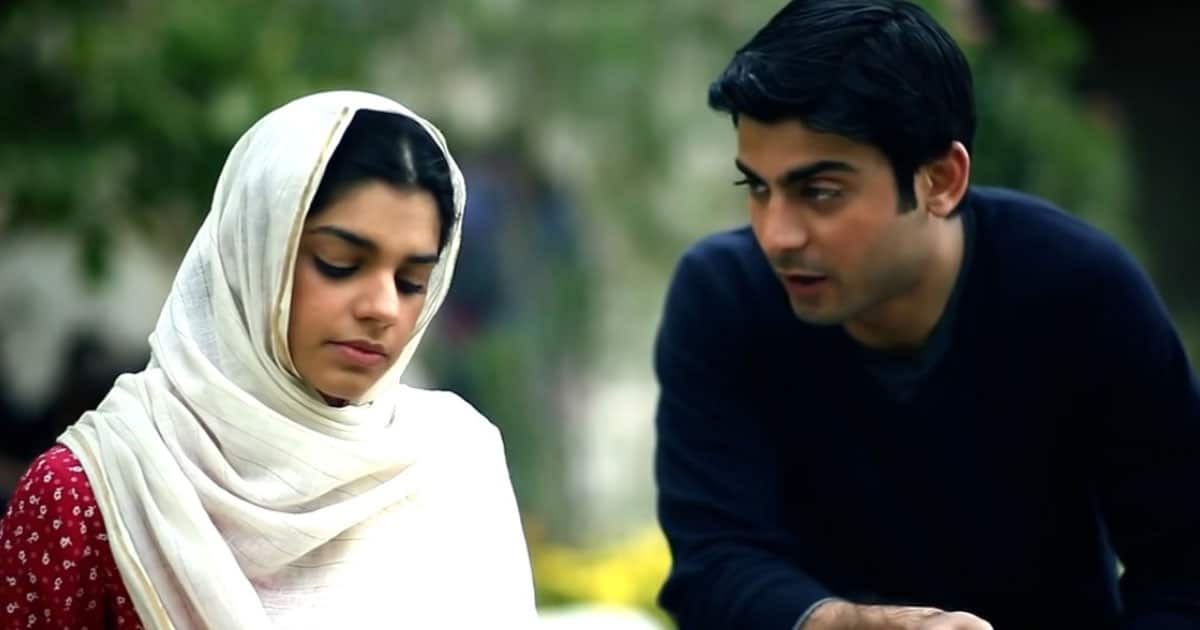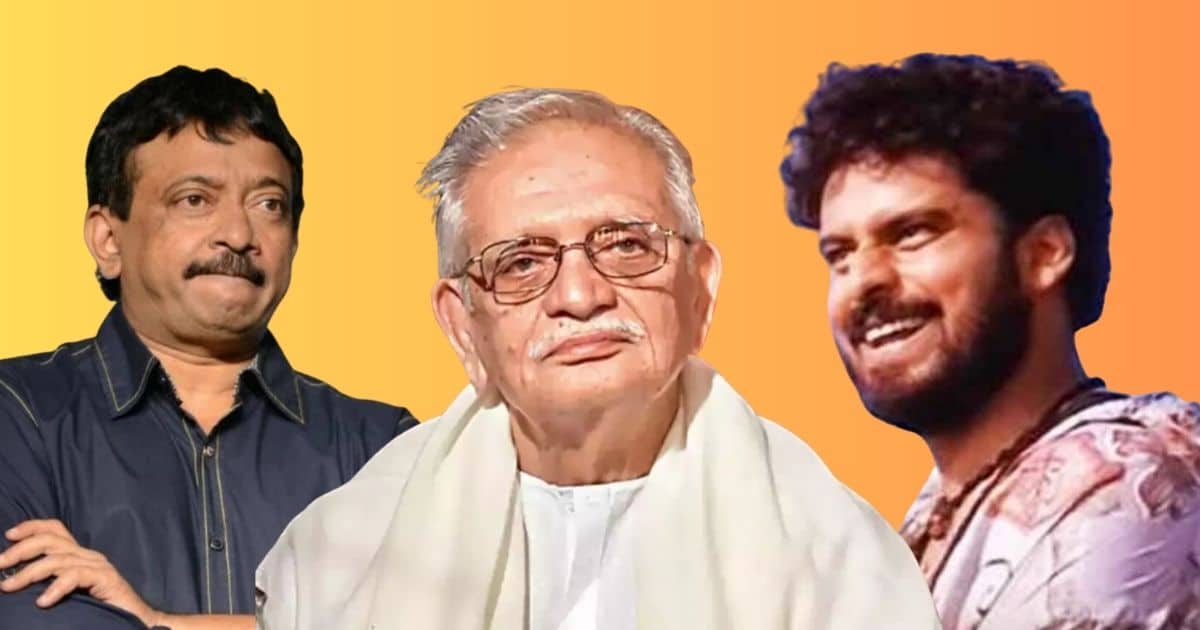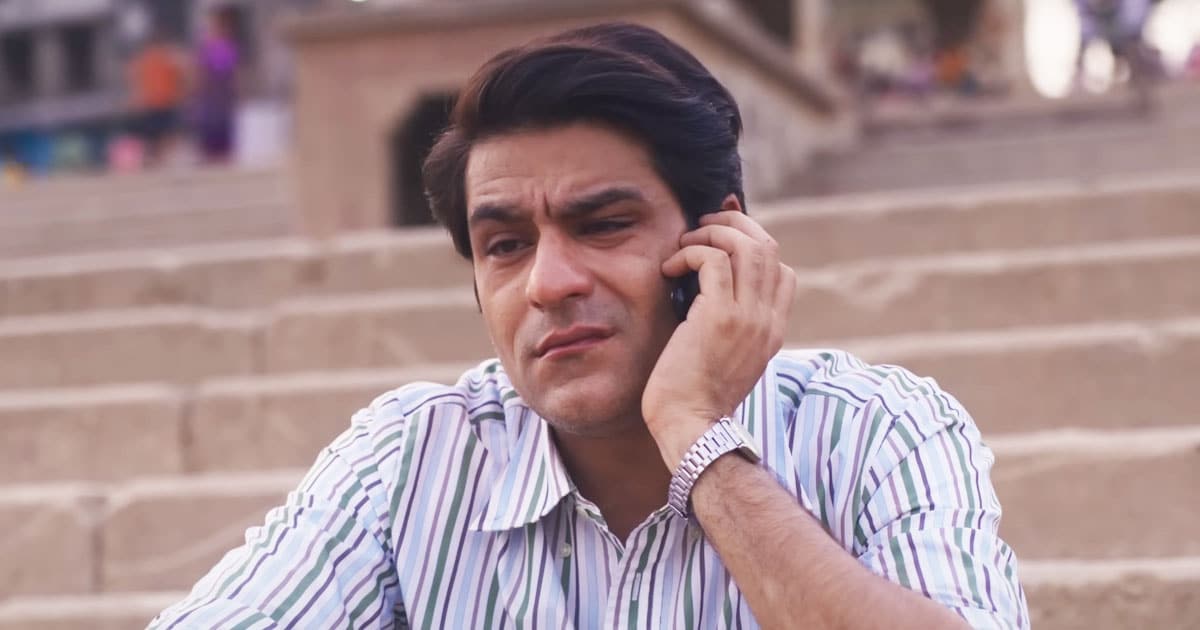Amina Sheikh, a prominent Pakistani actor, has voiced her concerns about the regressive nature of Pakistani dramas. She points out that many shows in the industry revolve around themes of victimized women, abuse, affairs, and divorce, which have been overused and extensively explored.
According to her, as actors, they face constant battles with the writers in an attempt to push for more progressive and contemporary topics. Amina Sheikh believes that the industry should take risks and move away from these repetitive storylines to showcase a broader range of narratives that reflect the evolving social dynamics of the country.
In contrast to Amina Sheikh‘s perspective, there are also Pakistani dramas with progressive nature.

Over the past decade, Pakistani television dramas have transformed significantly and become more inclusive and socially aware. Many shows now focus on pressing societal issues such as women’s empowerment, gender equality, mental health, and education. These dramas depict strong female characters who challenge societal norms and play pivotal roles in driving positive change.
Moreover, Pakistani dramas have started to explore themes like career aspirations, technology, and modern relationships, portraying a more contemporary and realistic picture of Pakistani society.
Societal Dynamics
Pakistani society has experienced significant social and cultural changes in recent decades. Increased access to information, globalization, and a growing awareness of human rights has influenced the mindset of the population. As a result, Pakistani serials have begun to reflect the evolving values, aspirations, and concerns of the society they represent.
For example, the drama series Udaari tackled the sensitive issue of child abuse, raising awareness about the prevalence of this problem and encouraging conversations surrounding it.
Women Empowerment
One of the most prominent aspects of progressive Pakistani serials is the portrayal of strong and empowered female characters. These dramas have played a vital role in challenging the traditional gender roles that often limit women’s opportunities and aspirations.
For instance, the character of Kashaf in the serial Zindagi Gulzar Hai is depicted as a determined and ambitious young woman who defied societal expectations to pursue her education and career goals. These serials empower women and inspire a new generation to break free from societal constraints by showcasing female protagonists who defy societal expectations and pursue their dreams.
“Pakistani TV is progressive, and hence, characters that are shown are of today as well. A feeling of alienation existed in India about life in Pakistan because most of what was known was negative. So, everyone used to believe that things in our country are always bad and we don’t lead very happy lives. But this has changed to some extent. After watching our dramas, people now know that we [Pakistanis] lead our lives similar to the way they [Indians] live,” says Umera Ahmed, the writer of Zindagi Gulzar hai, Telefilm Behadd, Maat, and many more to her credit in an interview to a media house.
Tackling Social Issues
Pakistani serials have shown a commendable willingness to tackle sensitive social issues head-on. They have shed light on topics such as domestic violence, child abuse, mental health, honor killings, and gender inequality.
For instance, the drama series Diyar-e-Dil addressed the issue of honor killings and portrayed the consequences of rigid societal norms. These dramas have started important conversations within society, fostering empathy, awareness, and, ultimately, change. By creating engaging narratives and relatable characters, they have humanized these issues and encouraged viewers to confront the realities faced by many.
Breaking Stereotypes
Another significant aspect of the progressiveness in Pakistani serials is the portrayal of diverse characters and the breaking of stereotypes. Traditionally, marginalized groups, including ethnic and religious minorities, have found representation on screen. The drama series Dastaan explored the experiences of Muslims during the partition of India and challenged the stereotypical portrayals of characters from minority communities. This inclusivity has challenged stereotypes and fostered a sense of acceptance, tolerance, and unity among the audience.
Humanizing Villains
In earlier Pakistani dramas, villains were often depicted as one-dimensional characters with no room for nuance. However, progressive serials have embraced a more realistic approach by humanizing antagonists and exploring the underlying reasons behind their actions.
For instance, the serial Cheekh portrayed a complex antagonist whose motivations were rooted in personal trauma and societal pressures. This shift has encouraged viewers to understand the complexities of human behavior, promoting empathy and compassion.
Cinematic Quality
The quality of Pakistani serials has significantly improved over the years, partly due to technological advancements and production values. Incorporating high-quality cinematography, innovative storytelling techniques, and better writing has elevated the viewing experience. This has not only attracted a larger audience within Pakistan but has also gained attention from international viewers. Serials such as Humsafar and Mere Paas Tum Ho showcased the cinematic prowess of Pakistani productions and garnered praise for their compelling narratives and production values.
Influence of International Content
The influence of international television dramas, mainly from Turkey and South Korea, has also shaped the progressiveness of Pakistani serials. The success and popularity of these foreign shows encouraged Pakistani producers and writers to experiment with different narratives and push the boundaries of storytelling.
The evolution of Pakistani serials into more progressive and socially aware content is a testament to the changing landscape of the country and its television industry. These dramas have become a powerful medium for addressing societal issues, promoting inclusivity, and fostering dialogue within Pakistani society.
By embracing progressive narratives, Pakistani serials have not only entertained audiences but have also played a crucial role in shaping cultural attitudes and driving positive change. As the industry continues to evolve, it is essential to acknowledge the significance of these progressive serials and their impact on society at large.



